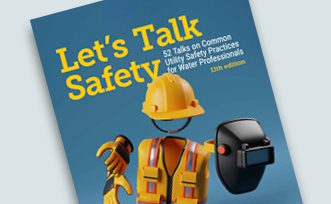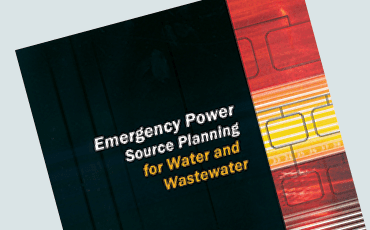Risk & Resilience
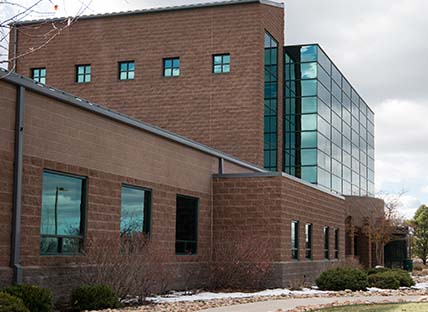

Risk & Resilience
As stewards of public health and the environment, water professionals have always been aware of the risks associated with securing reservoirs and wells to protect the water supply, guarding materials at their facilities from theft and sabotage, and planning for routine and extraordinary events. The water sector has embraced an all-hazards approach to security and emergency preparedness that mirrors the multi-barrier approach for water treatment.
Resources
AWWA Certificate Program
The AWWA Utility Risk & Resilience Certificate Program is intended to help utilities and consultants working with utilities to apply sound risk and resilience management strategies that will facilitate compliance with AWIA.
It is based on several AWWA standards and associated resources (G430, G440, J100, and Cybersecurity Guidance) that facilitate compliance with provisions of America’s Water Infrastructure Act (AWIA) of 2018, which must be met on a five year cycle.
America’s Water Infrastructure Act (AWIA)
America’s Water Infrastructure Act (AWIA) of 2018 serves as a catalyst for utilities to evaluate their resilience to risk and to create emergency plans for responding to any unfortunate situations.
Time‐critical is the utility’s duty to prepare a risk and resilience assessment and develop plans to respond to a broad range of risks to water systems which include threats of terrorism, natural disasters, and cybersecurity threats to process control systems and financial infrastructure.
Six months after an assessment is completed, an emergency response plan reflecting the assessment findings must also be completed.
SAFETY Act: A Powerful Benefit to Water Sector
If an organization is exposed daily to catastrophic liability by virtue of the type of work it does, why would it not take every reasonable step possible to protect itself from the legal fallout of a terrorist attack? This is the exact question that drinking water and wastewater utility owners and operators across the United States need to be asking themselves.
The true benefit of the SAFETY Act goes to the water and wastewater utility owners and operators, who now have the ability to receive critical third‐party liability protections for the implementation of AWWA standards at their facilities.
Technical Resources
Reports
Manuals
AWWA Standards
J100 Risk and Resilience Management of Water and Wastewater Systems
The purpose of this standard is to enable water and wastewater utility owners and operators to make sound decisions when allocating limited resources to reducing risk and improving resilience.
Get the Standard
G430 Security Practices for Operation and Management
The purpose of this standard is to define the minimum requirements for a protective security program for a water, wastewater, or reuse utility that will promote the protection of employee safety, public health, public safety, and public confidence.
Get the Standard
G440 Emergency Preparedness Practices
The purpose of this standard is to define the minimum emergency preparedness requirements for water, wastewater, and reclaimed water utilities and associated assets…
Get the Standard

Advertisement
Events With a Focus on Risk & Resilience
See All Events
Advertisement
External Resources
USEPA Baseline Information on Malevolent Acts of relevance to Community Water Systems
USEPA America’s Water Infrastructure Act of 2018: Risk Assessments and Emergency Response Plans
CDC Emergency Preparedness
FDA Emergency Preparedness & Response
FEMA National Incident Management System
Public Safety Canada Emergency Preparedness
Ready.gov
Planning for an Emergency Drinking Water Supply
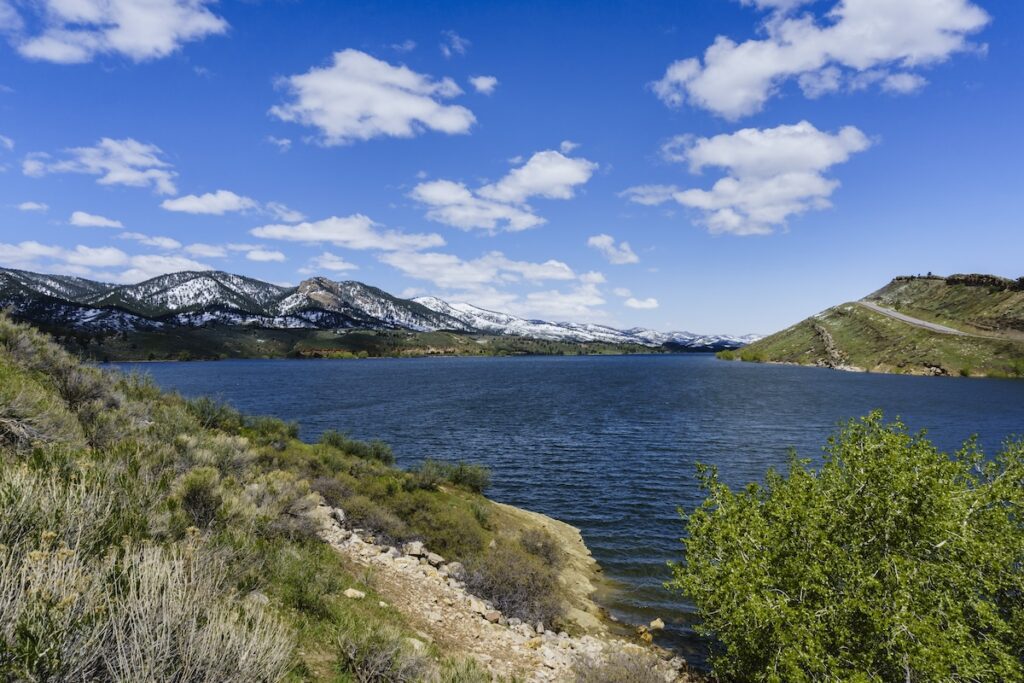
AWWA Policy Statements
AWWA’s policy statements are brief statements on protecting and improving water supply, water quality, management, and the interests of the public and the environment. They are written by consensus, subject to review and comment by AWWA committees, councils, and members. Because they represent AWWA’s position on these matters, they are approved by the AWWA Executive Committee of the board of directors.
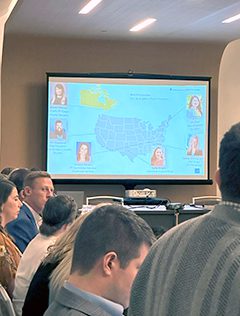

Technical Committee Engagement
AWWA members are recognized globally for their industry expertise and their generosity in sharing that expertise for a better world through better water. AWWA members participate in committee activities, developing conference programs, writing technical manuals, developing standards, creating educational content and contributing to AWWA publications. Committee members primarily interact through conference calls, emails, and face to face meetings at conferences and events.
Emergency Preparedness Committee
Standards Committee on Security for Operation and Management
Standards Committee on Emergency Preparedness Practices
Standards Committee on Risk and Resilience
Advertisement
